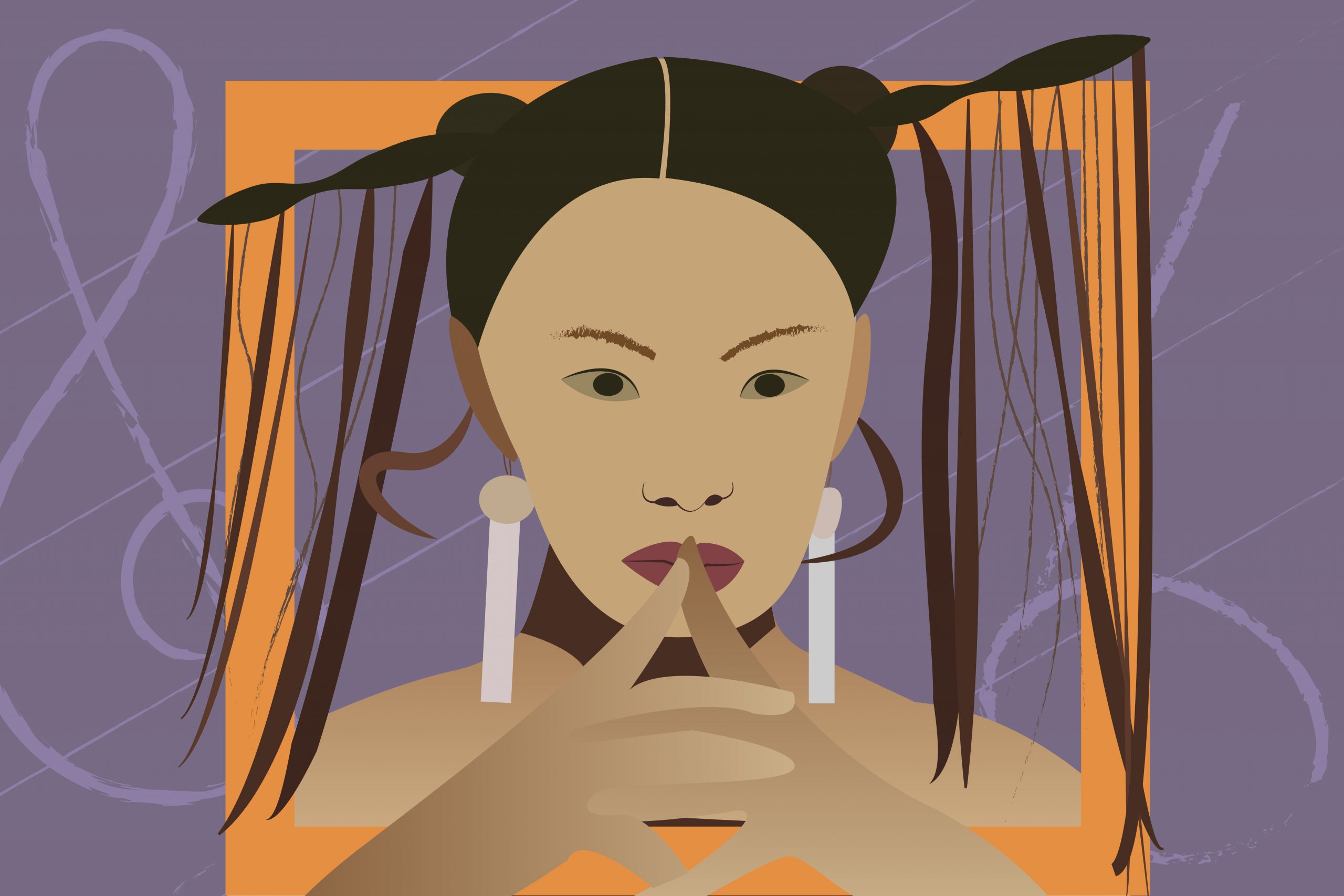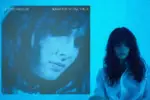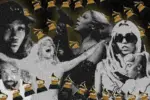The relationship between queerness and pop music proves to be one of the most interesting in popular culture. On the one hand, pop stars like Ariana Grande and Lady Gaga are focal points of mainstream queer culture, particularly for gay men; their immense allyship has allowed a slow but steady acceptance of the LGBT community across a broad spectrum of listeners. However, as I have written about before, acceptance is only one phase toward queer progress in society. One must also reckon with liberation.
Liberation in pop music is problematic, as the two concepts contradict. Pop is limited in the topics it discusses. It can focus upon ambiguous sexuality but rarely ventures into the sensations of it. Ideas like partying and dancing are popular — hence the title of the genre — not psychological conflicts and abstract themes. Accurate queer representation in pop requires a stronger focus and a more layered approach.
Rina Sawayama represents an exciting, charismatic and unshakably queer presence in the pop arena. Her 2020 breakout album, “Sawayama,” manifests liberation by exploring queerness in all of its complexity. The album is not just about love or attraction; it is about found families, gender roles and the beauty of platonic relationships. At once nostalgic and noble, it is a pop blend that no straight person could muster. The Japanese-British, pansexual idol has made a masterpiece, a journey through queerness in all its beauty and turbulence.
“Sawayama” begins with “Dynasty,” an epic proclamation. Its rock recollections carry raw awesomeness, recalling imagery of a royal entering their kingdom. Rina is a queen, and she is not afraid to admit it. From a queer perspective, the track marks an immediate space for the album to occupy. A feature of society’s mere tolerance for queer people is the pressure for queer people to assimilate. You may hear a straight person say they appreciate it when gay people just exist instead of flaunting their sexuality at every opportunity. Rina overthrows this idea, creating a bombastic aura that demands outside attention.
Rina then shifts to discussions of queerness as it is oppressed, specifically through commodification. “XS” is the most popular single off “Sawayama,” a spunky refutation of capitalism itself while paying homage to the capitalist drive of 2000s beats. The song’s crux centers around commodification, with Rina in the music video rendered a soulless automaton forced to sell a worthless product. This Pride Month’s ongoing debate referenced “rainbow capitalism,” where companies cater to queer audiences through themed advertisements and merchandise. These ploys serve to further sales rather than raise awareness for gay rights. It is a debate of capital, which complements the ideas of “XS” perfectly. The link between the song and queerness is less obvious, but queer issues are one of many consistently fetishized under modern capitalism, which Rina seeks to critique.
Coupled with “STFU,” which focuses on the discrimination Rina faces as an Asian woman, it is clear the album first centers around obstacles, those being the harmful perceptions of a narrow-minded society. This bigotry is the stage that Rina and her dynasty enter, and one she serves to radically transform through the rest of her album.
“Commes Des Garcons” or “Like the Boys” channels the raw confidence of queer liberation. The music video features a gender-bent Rina engaged in her “XS,” donning both tuxedos and mascara under a disco aesthetic. Gender carries constructs that can limit many forms of expression, and queer people possess a unique ability to define such constructs. The most potent of these constructs are toxic masculinity, where the ability to dominate a space is reserved for men who bear the will to do so. Rina reclaims such dominance, claiming the ability to dance and party and define convention makes one confident “like the boys.”
The two subsequent tracks on the album are “Paradisin” and “Love Me 4 Me,” which further emphasize Rina’s new self-confidence. The former is carefree, creating images of a group of friends ditching school for an epic trip to the beach. It’s liberation at its most literal and enjoyable, living one’s “best life driving.” The latter is a more direct refutation of the toxic values established at the beginning of the album. She takes up the voice of a girlfriend forced into a box by her partner, a perfect angel who always smiles “like a lady.” Like in “Commes de Garcons,” Rina reclaims her autonomy in the face of oppressive hetero-centric structures, a refutative form of liberation, or a demand.
“Bad Friend” marks a departure from the prior upbeat tracks of “Sawayama”; instead, it offers a more somber reflection of platonic relationships. Rina recounts good times spent with friends, singing their “hearts out to Carly” and “making fun of their lovers,” little defining details that make a friendship hurt more when it ends. Platonic dynamics are core to a queer experience. One’s community can provide solidarity and comfort amid a tumultuous existence. However, Rina’s approach is tragic, where that sense of community is lost due to a petty conflict. Her moody lyrics evoke the regret, melancholy and isolation associated with a lost connection. Queerness can be lonely. With “Bad Friend,” “Sawayama” explores the finer details of queerness, more internal concepts separated from the heterosexual gaze.
“Tokyo Love Hotel” explores long-term romance and sexual satisfaction. Rina seeks an authentic relationship with her partner rather than being another guest at a love hotel. One can separate queer romance across lines of “one-offs” and commitment. The “one-offs” are the easiest, but the commitment is most desired (at least from my experience). This complex dynamic can be complicated for many people to digest, but Rina takes the risk to portray it through her intimate lens.
The next track is “Chosen Family,” perhaps the album’s most overt reference to queer identity. Spurred from the platonic passion of “Bad Friend,” the song presents a more empowering message of community. Queer people are united in their struggles, and they can provide one another a safe space: “We don’t need to be related to relate.” The song is a straightforward pop ballad, an ode to struggle and love, much like the album overall.
The final song, recorded for the album’s deluxe version, is “Lucid,” an upbeat piece tailored for the dance floor. It recounts a chance encounter, one so remarkable it feels straight from the imagination, a “hallucination.” This finale captures the album that came before, an encapsulation or spark. A queer sensation rather than a portrayal. Something that makes one want to dance until dawn rolls in.
“Sawayama” is a gay symphony dedicated to gay people’s obstacles, strengths and sensations. Pop music is the ideal platform for such a symphony, as its platform has always attracted the queer crowd, even if inadvertently. Rina is one of many creators, such as Janelle Monae, who integrate their many queer experiences into pop art. Albums like “Sawayama” expand pop’s storytelling capabilities. It forecasts a captivating (and gay) future, and one can only anticipate what comes next.
















